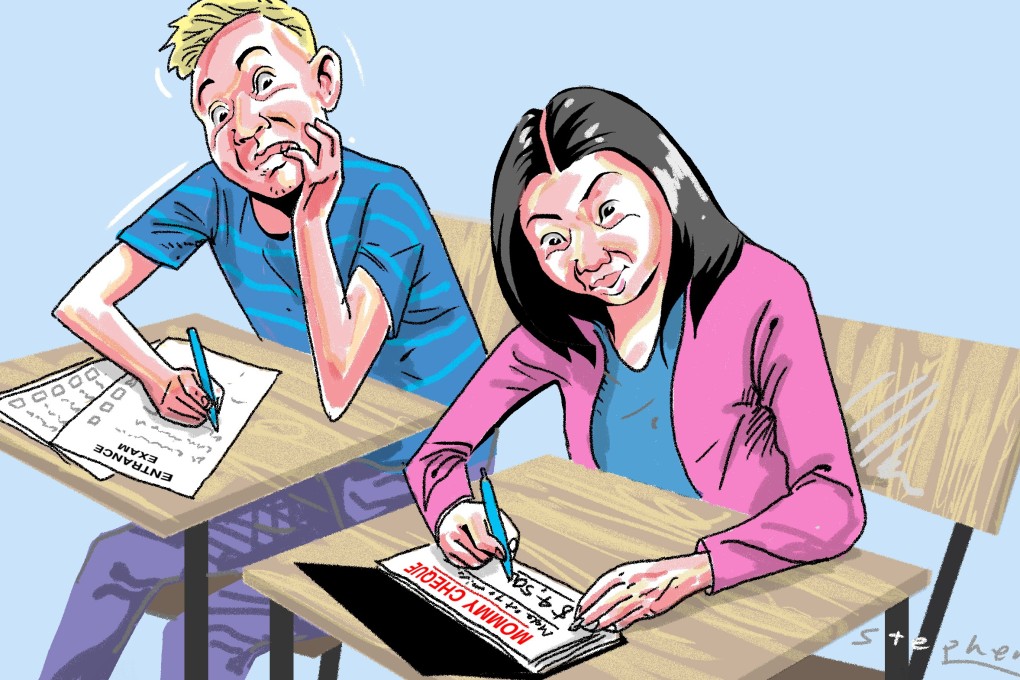Opinion | Why the mum of Stanford admissions scandal student Yusi Zhao is mother of the year in my books
- The mother of Yusi Zhao was willing to pay any price – US$6.5 million in this case – to see her daughter get an education of value. Let’s be real: it’s a mother’s nature to go to great lengths for her children, and universities need extra funding to thrive

All mothers are special, of course, as we are about to be reminded with the coming of Mother’s Day this Sunday. Not everyone gets to have their own annual day (not surprisingly, there’s none for newspaper opinion writers, for example) and, heaven knows, mothers do deserve this annual ritualistic swelling of our guilt glands.
This year, with my own mother having passed away long ago, I began to think about admirable, living mothers – indeed, to propose whom one might plausibly celebrate as International Mother of the Year (imagining such an honorific).
Obvious nominees abound, but mine will surprise you and while I doubt many will agree, you should respect my view; I’ve given it some thought.
Consider that this amazing mum was willing to pay any price to see her daughter at Stanford, the US university of her choice.
